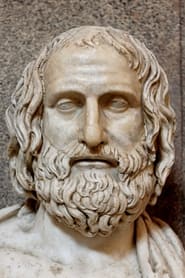
Euripides
Writing
Euripides (c. 480 – c. 406 BC) was a Greek tragedian of classical Athens. Along with Aeschylus and Sophocles, he is one of the three ancient Greek tragedians for whom any plays have survived in full. Some ancient scholars attributed ninety-five plays to him, but the Suda says it was ninety-two at most. Of these, eighteen or nineteen have survived more or less complete (Rhesus is suspect). There are many fragments (some substantial) of most of his other plays. More of his plays have survived intact than those of Aeschylus and Sophocles together, partly because his popularity grew as theirs declined — he became, in the Hellenistic Age, a cornerstone of ancient literary education, along with Homer, Demosthenes, and Menander. Euripides is identified with theatrical innovations that have profoundly influenced drama down to modern times, especially in the representation of traditional, mythical heroes as ordinary people in extraordinary circumstances. This new approach led him to pioneer developments that later writers adapted to comedy, some of which are characteristic of romance. He also became "the most tragic of poets",[nb 1] focusing on the inner lives and motives of his characters in a way previously unknown. He was "the creator of ... that cage which is the theatre of Shakespeare's Othello, Racine's Phèdre, of Ibsen and Strindberg," in which "imprisoned men and women destroy each other by the intensity of their loves and hates". But he was also the literary ancestor of comic dramatists as diverse as Menander and George Bernard Shaw. Known among the writers of classical Athens for his unparalleled sympathy towards all victims of society, including women, slaves or strangers, his contemporaries associated him with Socrates as a leader of a decadent intellectualism. Both were frequently lampooned by comic poets such as Aristophanes. Socrates was eventually put on trial and executed as a corrupting influence. Ancient biographies hold that Euripides chose a voluntary exile in old age, dying in Macedonia, but recent scholarship casts doubt on these sources.
Writing (39)
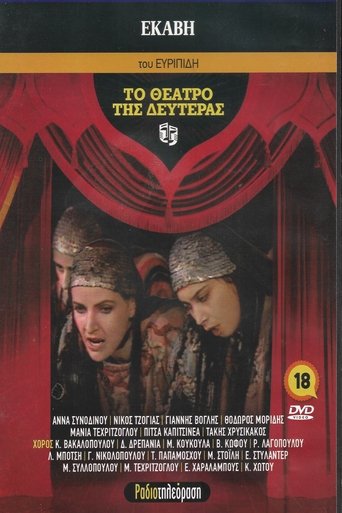
Writer
1988
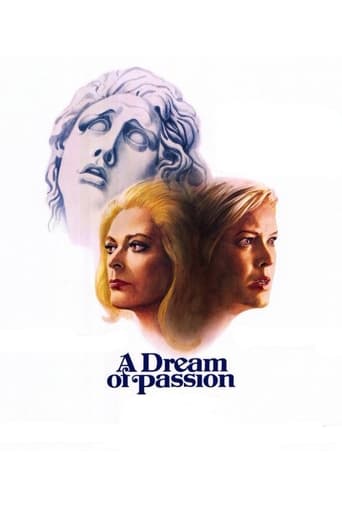
Writer
1978

Theatre Play
1978
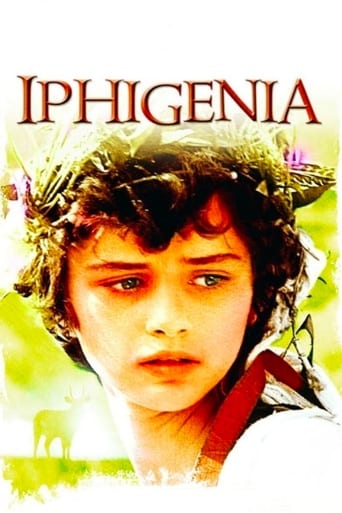
Theatre Play
1977
Original Story
2014

Theatre Play
1971
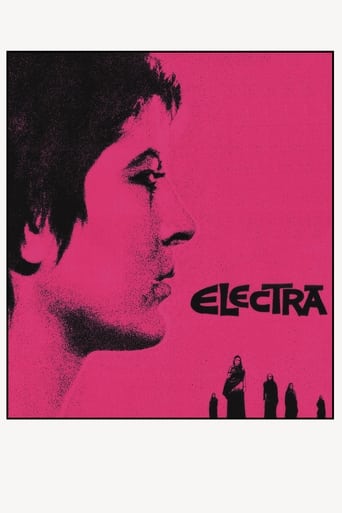
Theatre Play
1962
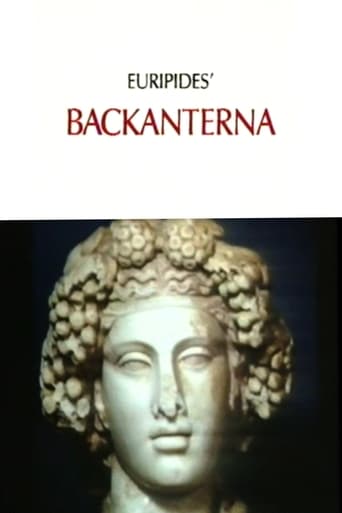
Author
1993
Theatre Play
1965
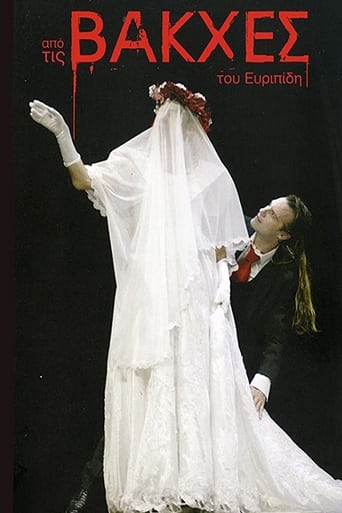
Original Story
2010
Theatre Play
1985

Theatre Play
2014
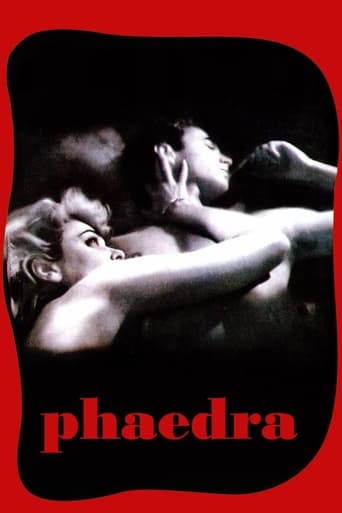
Theatre Play
1962
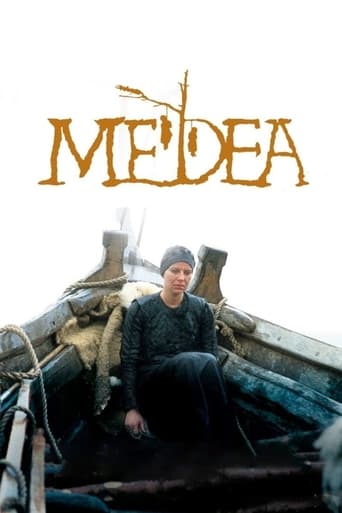
Theatre Play
1989
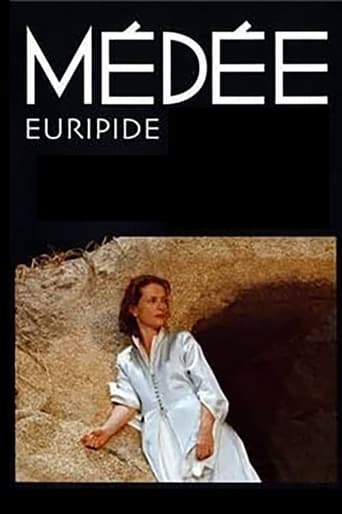
Theatre Play
2001
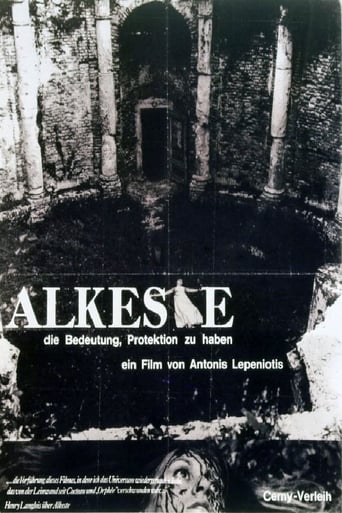
Original Story
1970
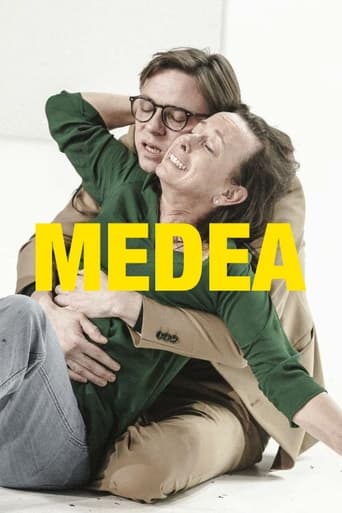
Writer
2020

Writer
2019
Story
1983

Theatre Play
1969
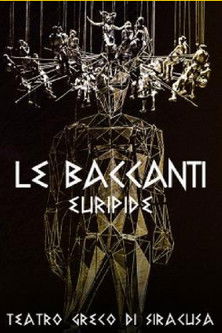
Writer
2021
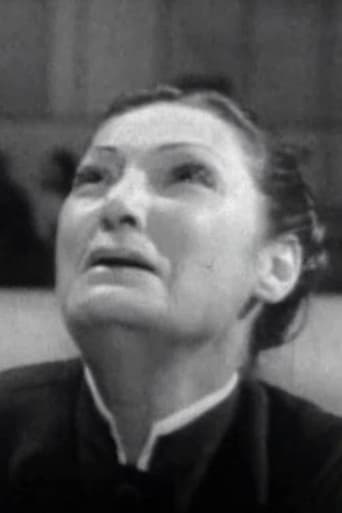
Writer
1967

Original Story
2011
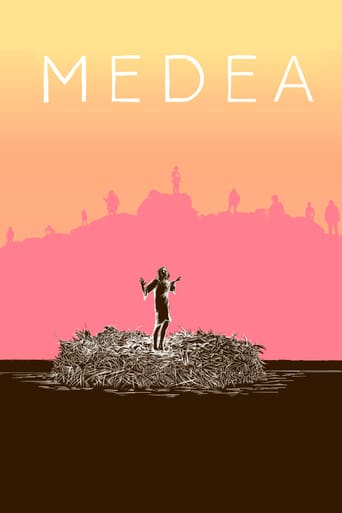
Original Story
2019
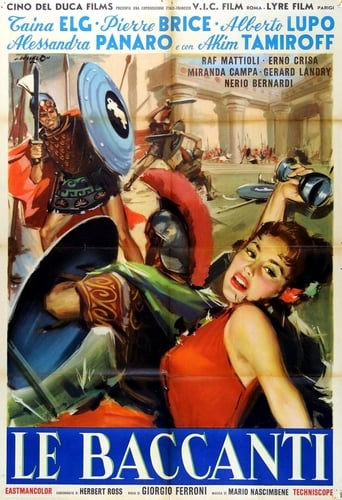
Theatre Play
1961
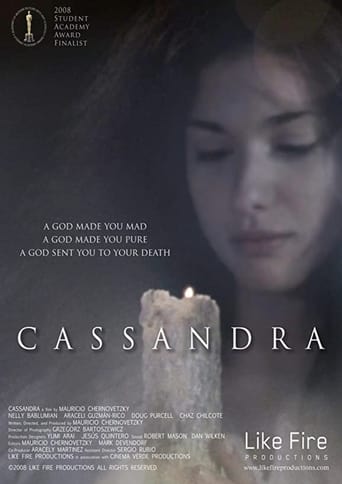
Writer
2008

Author
1979
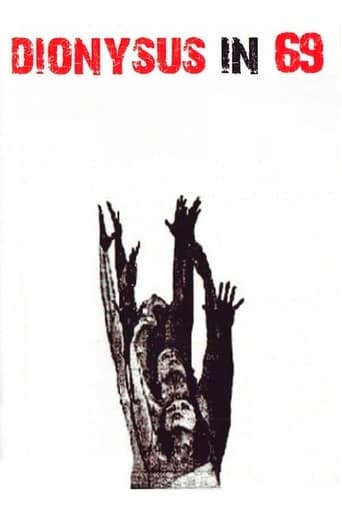
Theatre Play
1970
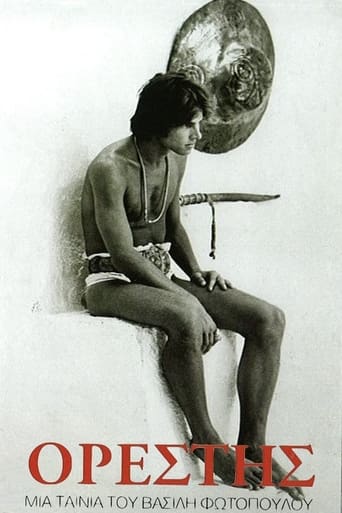
Writer
1969

Theatre Play
2022
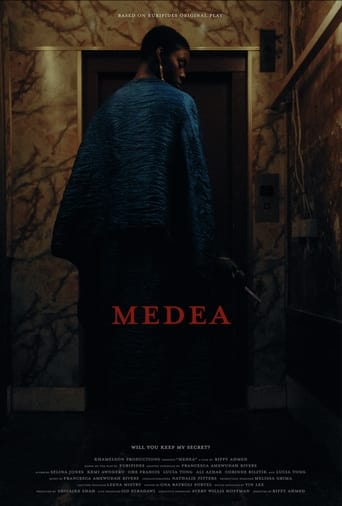
Writer
2022
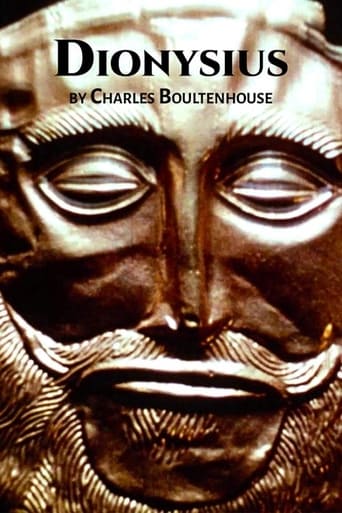
Story
1964
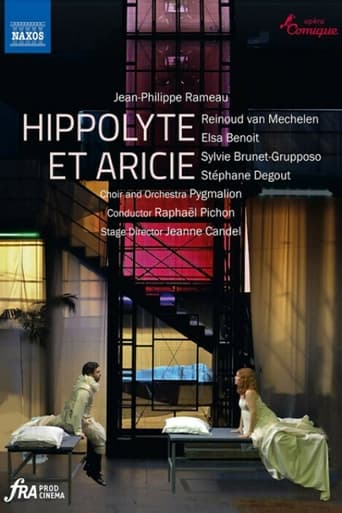
Story
2020
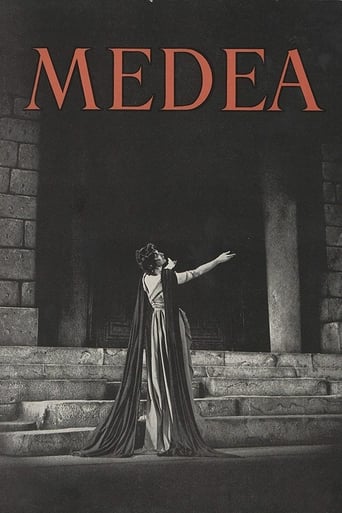
Original Story
1959
Writer
2012

Theatre Play
1963
Theatre Play
2009
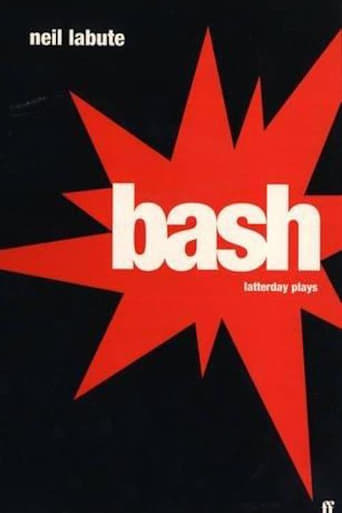
Writer
2001
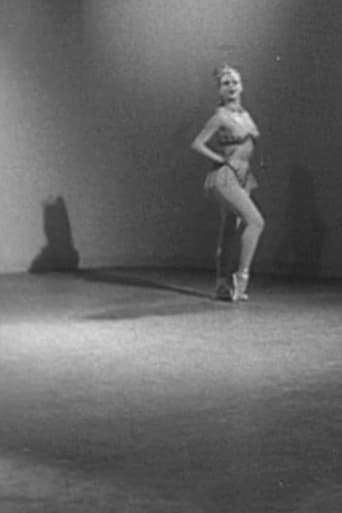
Theatre Play
1954

